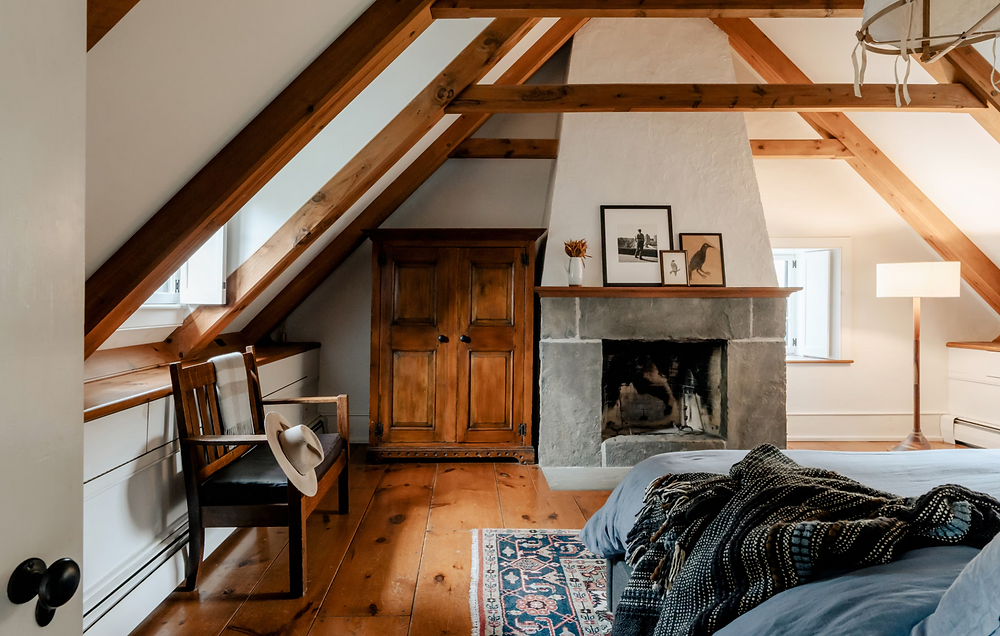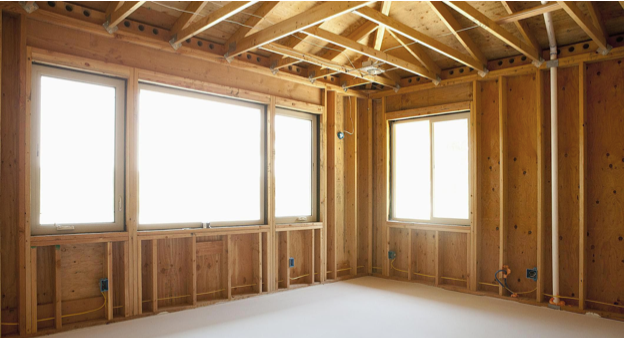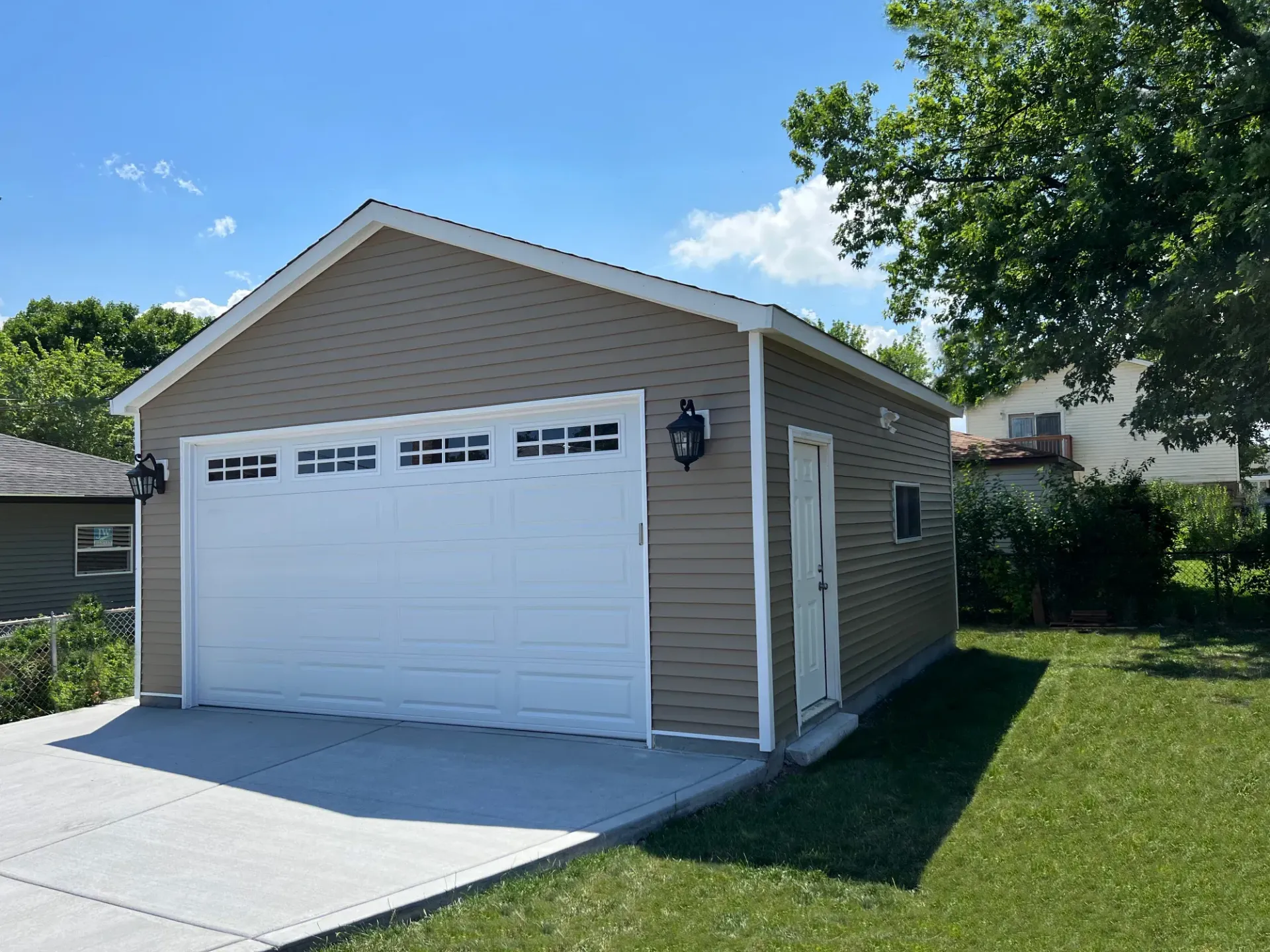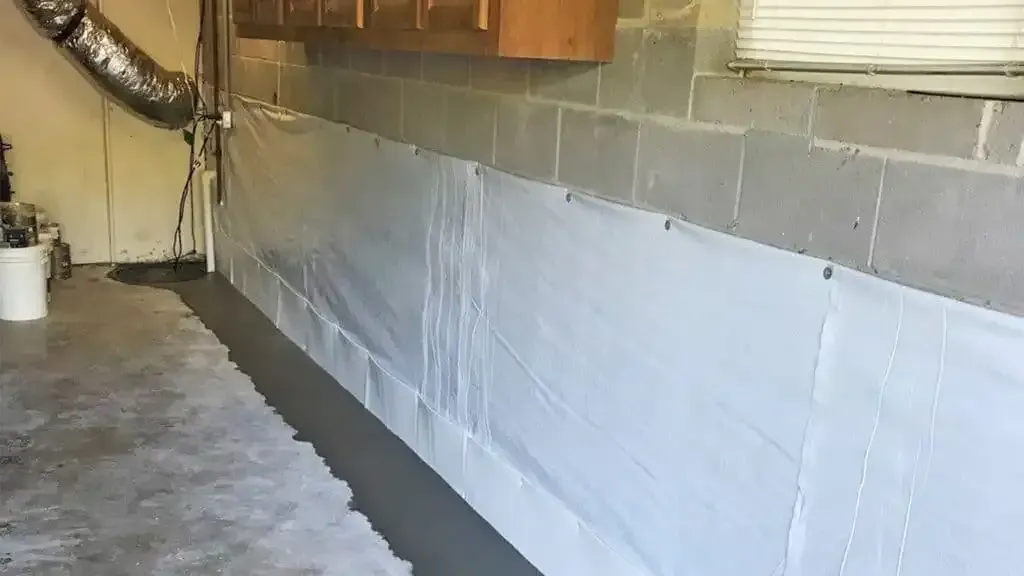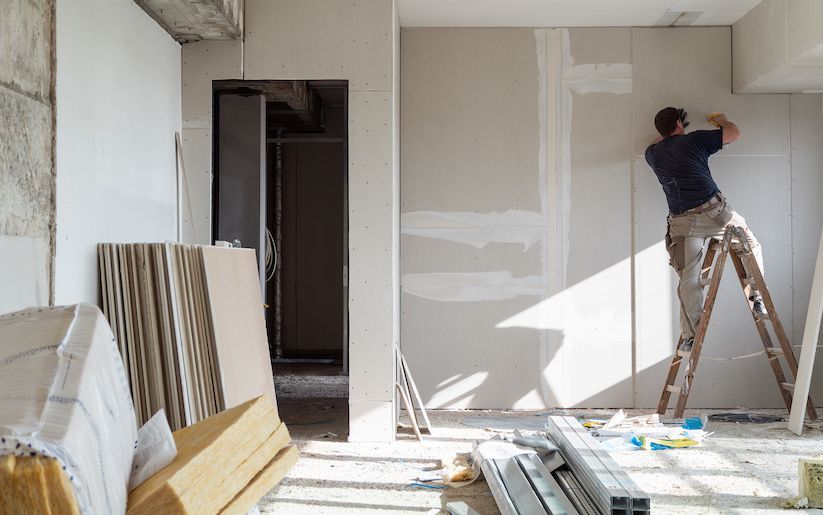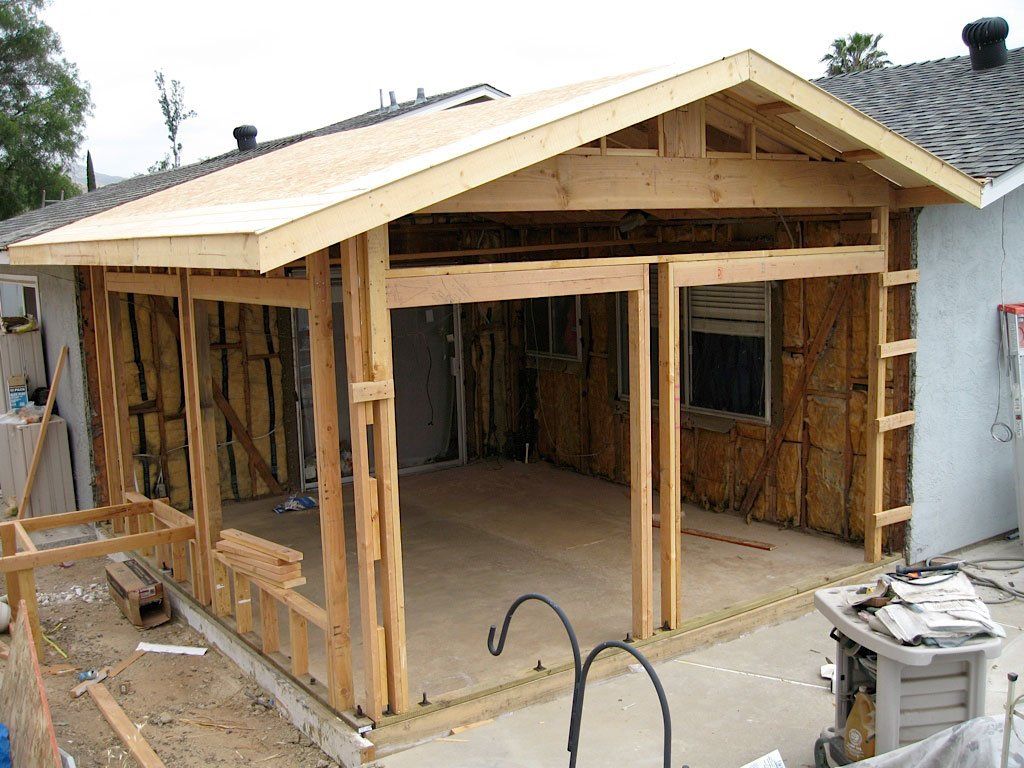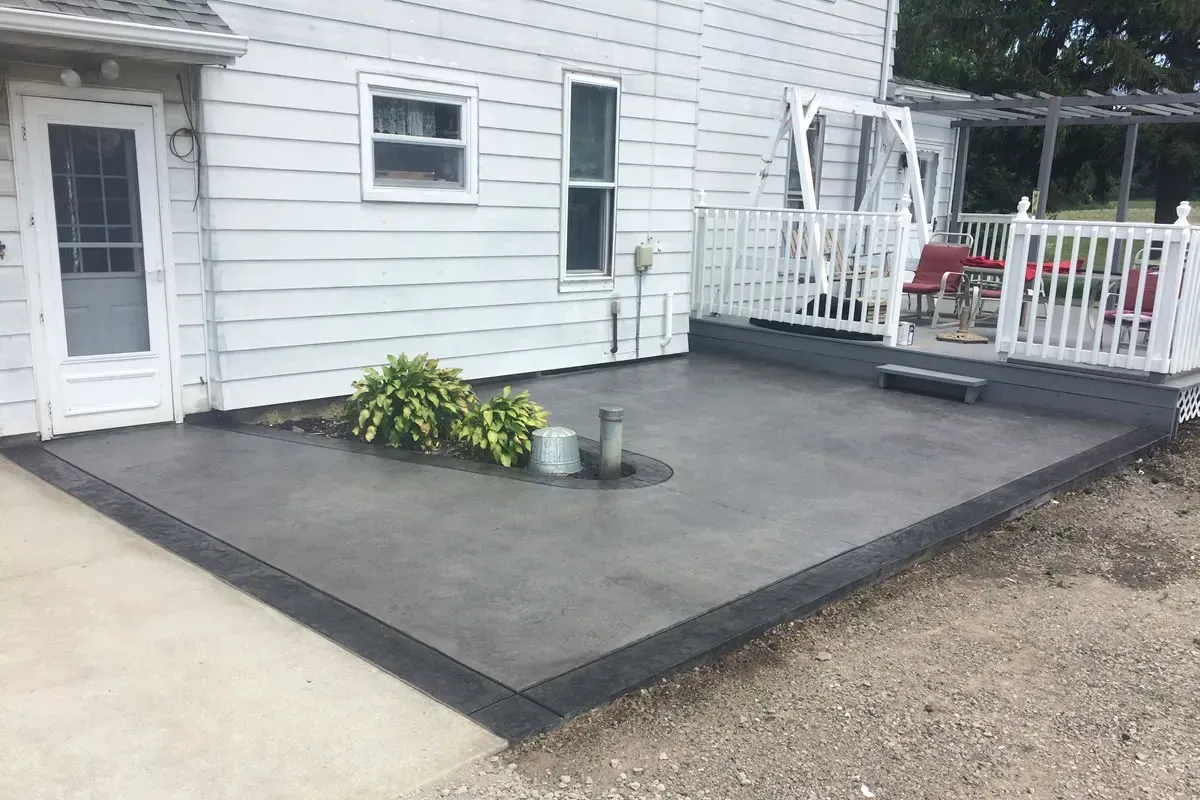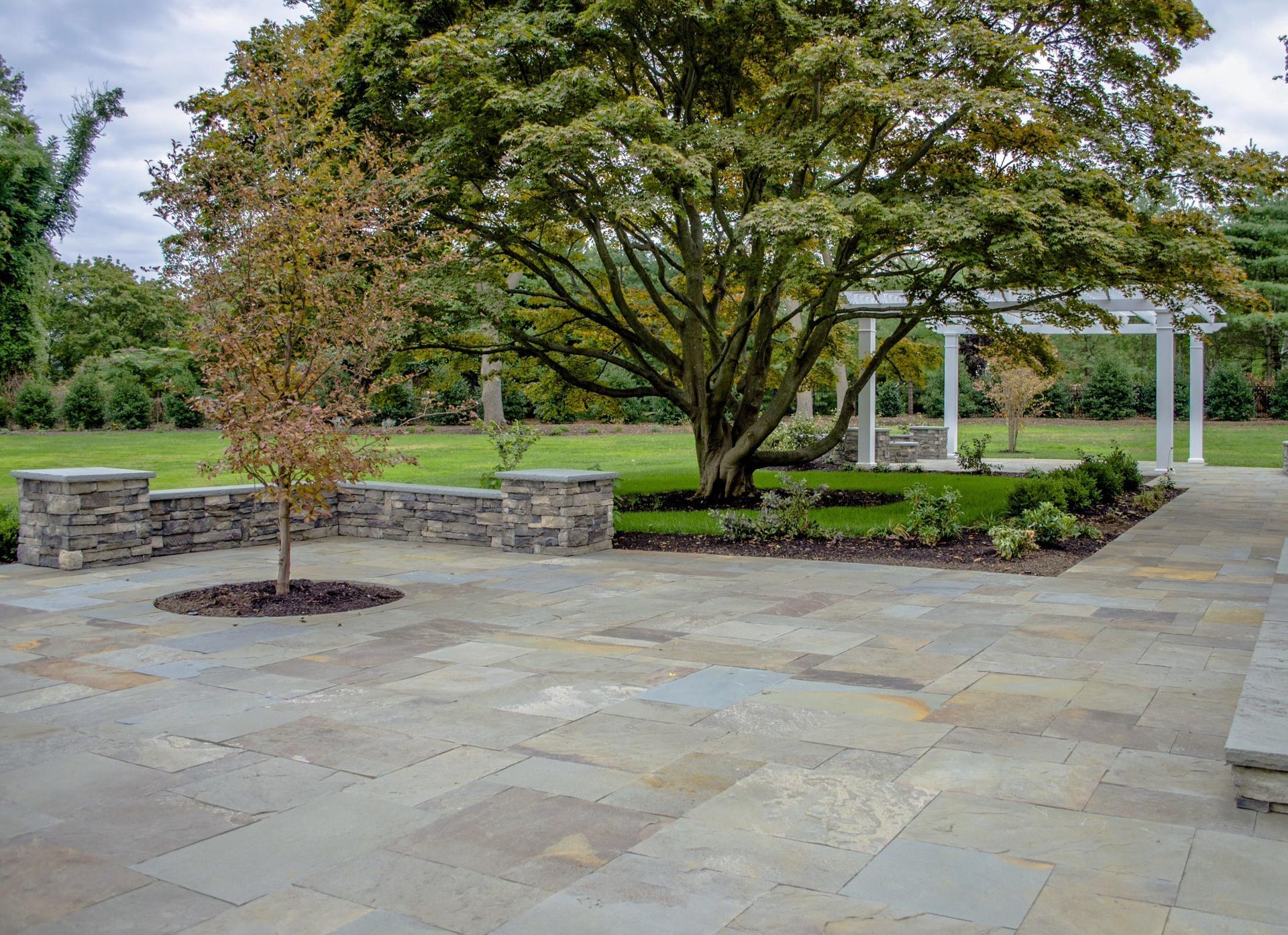Best Deck Materials for Rhode Island Homes
Living along Rhode Island's stunning coastline comes with unique challenges for outdoor structures. Salt air, high humidity, frequent storms, and temperature fluctuations demand deck materials that can withstand the Ocean State's harsh marine environment while maintaining beauty and functionality for decades.
Quick Answer: Top Deck Materials for Rhode Island Coastal Homes
Best Overall: Composite decking (Trex, TimberTech, Fiberon)
Most Durable: PVC decking (completely synthetic)
Best Natural Option: Ipe or other tropical hardwoods
Budget-Friendly: Pressure-treated lumber with marine-grade hardware
Key Requirement: All coastal Rhode Island decks must use stainless steel or galvanized hardware to prevent corrosion from salt air exposure.
Why Coastal Rhode Island Demands Special Deck Materials
Rhode Island's 400-mile coastline creates a uniquely challenging environment for outdoor structures:
Salt Air Corrosion: Ocean spray carries salt particles inland, accelerating metal corrosion and wood degradation up to 10 miles from the shore.
High Humidity: Rhode Island's coastal humidity levels (often 70-90%) promote mold, mildew, and rot in organic materials.
Temperature Swings: Winter temperatures can drop to 10°F while summer heat reaches 85°F, causing expansion and contraction stress.
Storm Exposure: Nor'easters and occasional hurricanes bring driving rain and high winds that test deck durability.
UV Intensity: Reflection off water intensifies UV exposure, causing accelerated fading and material breakdown.
Ranking: Best Deck Materials for Rhode Island Coastal Homes
1. Composite Decking (Best Overall Choice)
Why It's Perfect for Rhode Island Coastlines: Composite decking resists moisture, rot, insects, and salt air corrosion while requiring minimal upkeep. This material does not splinter and does not require frequent staining, ultimately serving as a cost-effective long-term solution.
Top Brands for Rhode Island:
- Trex: Rhode Island's "only exclusive Trex composite decking dealer" available through Coventry Lumber
- TimberTech: Premium capped composite with 25-year warranty
- Fiberon: Offers composite decking options that mimic natural wood tones while providing superior performance in challenging coastal conditions
Coastal Performance:
- 100% salt air resistant
- No rot, decay, or insect damage
- Minimal maintenance (soap and water cleaning)
- 25-30 year lifespan in marine environments
- Won't warp, split, or splinter
Investment Cost: $8-15 per square foot (materials only)
Total Project Cost: $25-40 per square foot including installation
2. PVC Decking (Most Durable Option)
Why PVC Excels in Rhode Island's Coastal Climate: PVC decking does not include wood or organic filler, it is highly resistant to moisture, salt, and UV radiation. PVC doesn't succumb to rot, insects don't bother it, and extremely low maintenance.
Premium PVC Brands:
- Zuri Premium: Available "in stock" at Rhode Island lumber dealers
- AZEK: Industry leader in cellular PVC
- TimberTech AZEK: Capped cellular PVC with realistic wood grain
Coastal Advantages:
- Completely waterproof and salt-proof
- No organic material to decay
- Excellent UV resistance
- Easy cleaning with garden hose
- 30+ year lifespan
Investment Cost: $10-18 per square foot (materials only)
Total Project Cost: $30-45 per square foot including installation
3. Tropical Hardwoods (Best Natural Option)
Top Hardwood Choices for Rhode Island Coasts: Professionals recommend using low-maintenance decking and railing material, like PVC, or exotic hardwoods, like ipe.
Ipe (Brazilian Walnut):
- Naturally resistant to salt, moisture, and insects
- 25+ year lifespan without treatment
- Beautiful natural appearance
- Extremely hard and durable
Other Excellent Options:
- Cumaru: Slightly softer than Ipe, more affordable
- Garapa: Lighter color, excellent weather resistance
- Tigerwood: Distinctive grain pattern, naturally oily
Coastal Performance:
- Natural oils resist salt air
- Dense grain prevents water penetration
- No chemical treatments needed
- Beautiful patina development over time
Investment Cost: $8-12 per square foot (materials only)
Maintenance: Annual cleaning, oil treatment every 2-3 years
4. Marine-Grade Aluminum Decking (Ultra-Premium)
Perfect for Extreme Coastal Exposure:
- 100% corrosion-proof
- No maintenance required
- Fire-resistant
- 50+ year lifespan
- Cool to the touch
Investment Cost: $15-25 per square foot (materials only)
Best For: Homes within 500 feet of ocean, rooftop decks, fire-prone areas
5. Pressure-Treated Lumber (Budget Option with Conditions)
When It Works for Rhode Island Coasts:
- Must use ACQ or CCA treated lumber
- Requires marine-grade stainless steel hardware
- Needs annual maintenance program
- Best for protected areas (not direct ocean exposure)
Enhanced Treatment Options:
- Borate-treated lumber: Additional protection against insects
- Kiln-dried after treatment: Reduces shrinkage and warping
Investment Cost: $3-6 per square foot (materials only)
Maintenance Cost: $500-1,200 annually for cleaning, staining, repairs
Materials to Avoid in Coastal Rhode Island
Cedar and Redwood
While naturally rot-resistant, these softwoods don't handle salt air well and require frequent maintenance in coastal environments.
Standard Composite with Wood Core
Older composite products with exposed wood cores can absorb moisture and fail in high-humidity coastal conditions.
Untreated Pine or Fir
Will deteriorate rapidly in Rhode Island's coastal climate, typically lasting only 3-5 years.
Hardware Considerations for Coastal Rhode Island Decks
Critical Requirements:
- Fasteners: 316 stainless steel screws and bolts only
- Flashing: Marine-grade aluminum or copper
- Connectors: Hot-dipped galvanized or stainless steel joist hangers
- Railings: Powder-coated aluminum or stainless steel cables
Why It Matters: Standard galvanized hardware fails within 2-3 years in salt air, causing structural failure and safety hazards.
Regional Considerations Within Rhode Island
South County Coastal Homes (Westerly, Narragansett, South Kingstown)
Highest exposure to salt air and storms
- Recommend: PVC or premium composite only
- Avoid: Any wood products except tropical hardwoods
- Special consideration: Hurricane-rated fastening systems
Newport and Middletown Areas
Moderate to high salt exposure
- Recommend: Composite or tropical hardwoods
- Acceptable: Marine-treated lumber with premium maintenance
- Special consideration: Historic district compliance may limit options
Warwick and Cranston Coastal Areas
Lower salt exposure, protected bays
- Recommend: Composite or quality pressure-treated
- Acceptable: Cedar with annual maintenance program
- Special consideration: More material options due to protected location
Block Island
Extreme exposure conditions
- Recommend: PVC or aluminum only
- Avoid: All wood products
- Special consideration: Materials must be barged to island
Cost-Benefit Analysis: 15-Year Ownership
Composite Decking
- Initial Investment: $12,000 (400 sq ft deck)
- 15-Year Maintenance: $800
- Total Cost: $12,800
- Cost per Year: $853
Tropical Hardwood (Ipe)
- Initial Investment: $10,000
- 15-Year Maintenance: $3,500
- Total Cost: $13,500
- Cost per Year: $900
Pressure-Treated Pine
- Initial Investment: $6,000
- 15-Year Maintenance: $8,000
- Replacement at Year 12: $6,500
- Total Cost: $20,500
- Cost per Year: $1,367
Installation Considerations for Rhode Island Coastal Decks
Foundation Requirements
- Concrete piers: Must be below frost line (4 feet in RI)
- Drainage: Critical in high-humidity coastal environment
- Ventilation: Adequate airflow prevents moisture buildup
Building Code Compliance
Rhode Island materials must be sourced for their quality and durability so that your new deck withstands the variable Rhode Island weather.
Key Requirements:
- Wind load calculations for coastal exposure
- Proper flashing and weatherproofing
- Stair and railing code compliance
- Permit requirements vary by municipality
Seasonal Installation Timing
Best Installation Period: May through October
- Avoid winter installation due to material handling issues
- Salt air is less aggressive during dry fall months
- Allows proper curing time before first winter
Maintenance Schedules by Material Type
Composite and PVC Decking
- Spring: Debris removal, inspection
- Summer: Quarterly washing with mild soap
- Fall: Deep cleaning, hardware check
- Winter: Snow removal (plastic shovel only)
Tropical Hardwoods
- Spring: Deep cleaning, damage assessment
- Summer: Oil application (every 2-3 years)
- Fall: Final cleaning, protective treatment
- Winter: Minimal maintenance needed
Pressure-Treated Wood
- Spring: Power washing, stain application
- Summer: Monthly inspections
- Fall: Sealant application, board replacement as needed
- Winter: Ice removal, structural checks
Future-Proofing Your Rhode Island Coastal Deck
Climate Change Considerations
- Sea level rise: Elevate deck height planning
- Increased storm intensity: Upgrade fastening systems
- Temperature extremes: Choose materials with wide thermal tolerance
Technology Advances
- Smart deck systems: Integrated lighting and heating
- Advanced composites: New materials with better performance
- Sustainable options: Recycled and eco-friendly alternatives
Professional Installation vs. DIY
Professional Installation Recommended For:
- Any coastal exposure within 1 mile of ocean
- Composite and PVC installations
- Complex designs with multiple levels
- Compliance with local building codes
DIY Considerations:
- Limited to simple, protected installations
- Must understand coastal hardware requirements
- Warranty issues with improper installation
- Safety concerns with structural work
Warranty Expectations for Coastal Applications
What to Expect:
- Composite: 25-year limited warranty (fading/staining)
- PVC: 30-year limited warranty (structural integrity)
- Tropical Hardwood: No warranty (natural product)
- Hardware: 10-15 year corrosion warranty (marine-grade only)
Warranty Limitations:
Most warranties exclude "acts of nature" including salt air corrosion, so material selection is critical.
Making the Right Choice for Your Rhode Island Coastal Home
The best deck material for your coastal Rhode Island home depends on three key factors:
- Distance from Ocean: Closer proximity demands more durable materials
- Budget Considerations: Balance upfront cost with long-term ownership
- Aesthetic Preferences: Natural wood look vs. low-maintenance synthetic
For Most Rhode Island Coastal Homes: Composite decking offers the best balance of durability, aesthetics, and long-term value.
For Premium Applications: PVC decking provides maximum durability with minimal maintenance.
For Natural Beauty: Tropical hardwoods like Ipe offer unmatched natural appearance with excellent coastal performance.
Ready to build the perfect deck for your Rhode Island coastal home? Rockhouse Construction specializes in coastal deck construction throughout the Ocean State. We understand the unique challenges of Rhode Island's marine environment and use only the highest quality materials and marine-grade hardware. Our experienced team will help you select the ideal deck material for your specific coastal exposure and budget. From Westerly to Newport, we've built hundreds of durable, beautiful decks that stand up to salt air, storms, and time. Contact us today for a free consultation and estimate on your coastal deck project.


